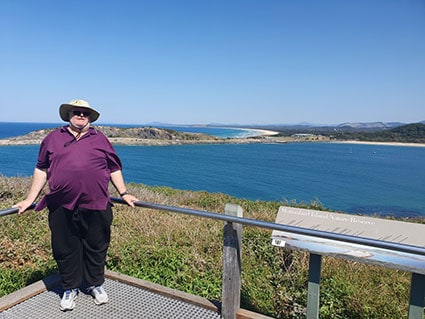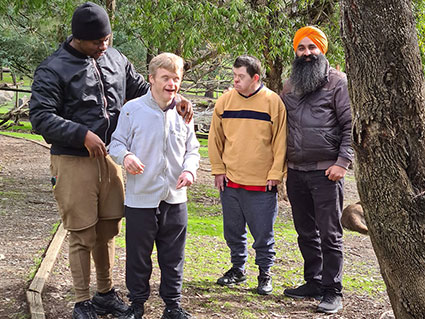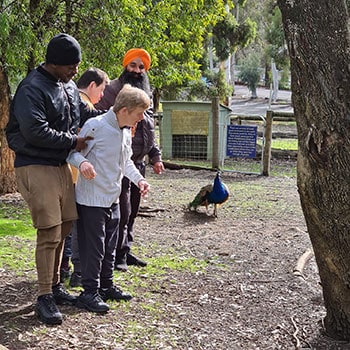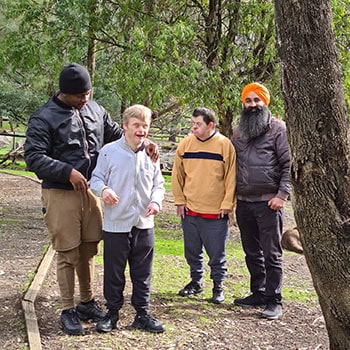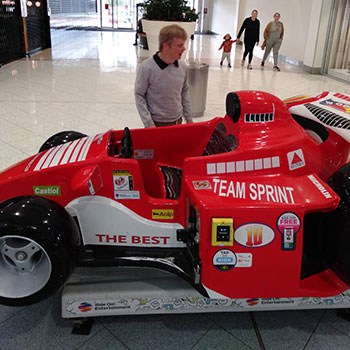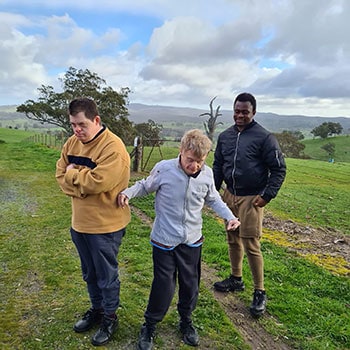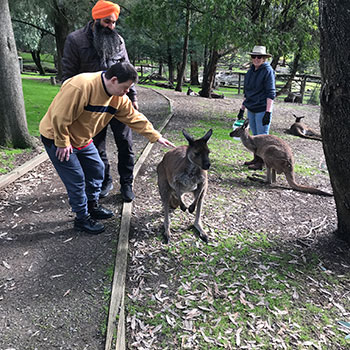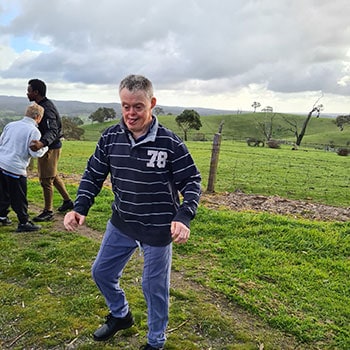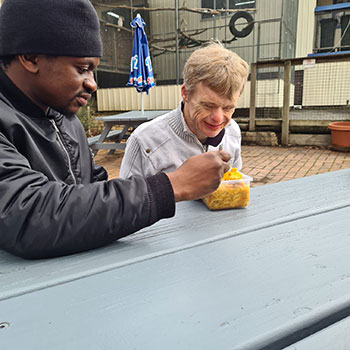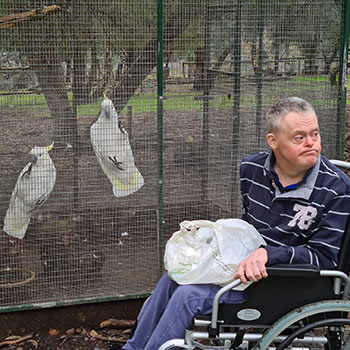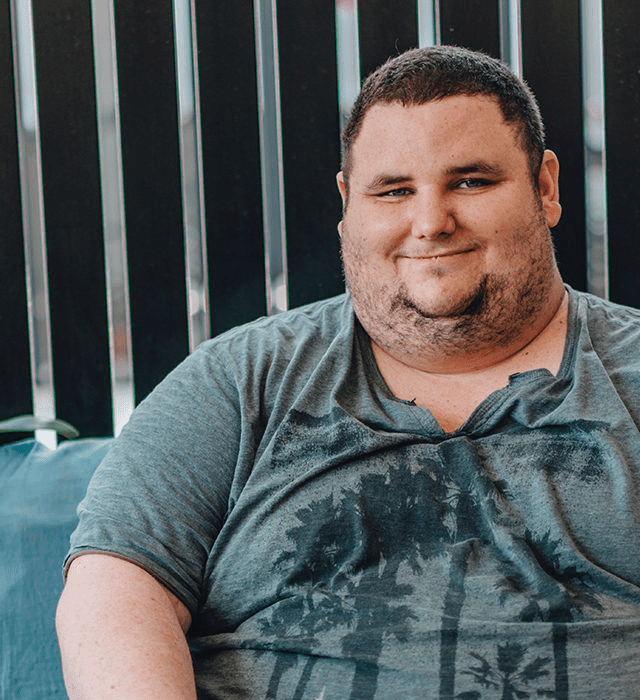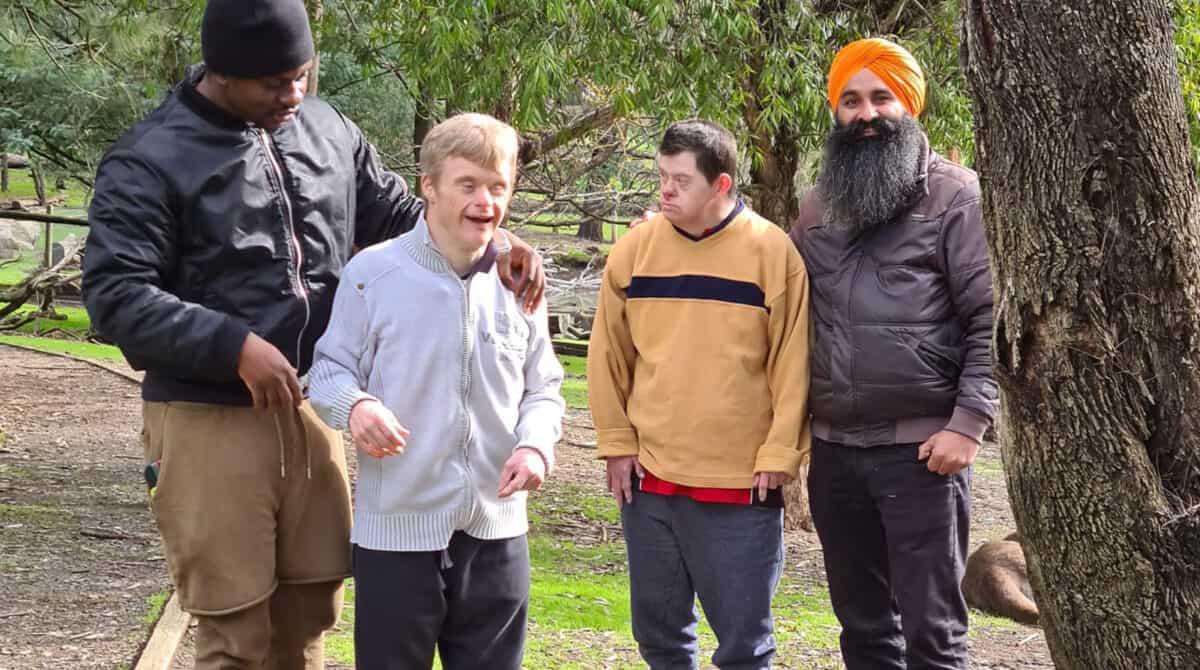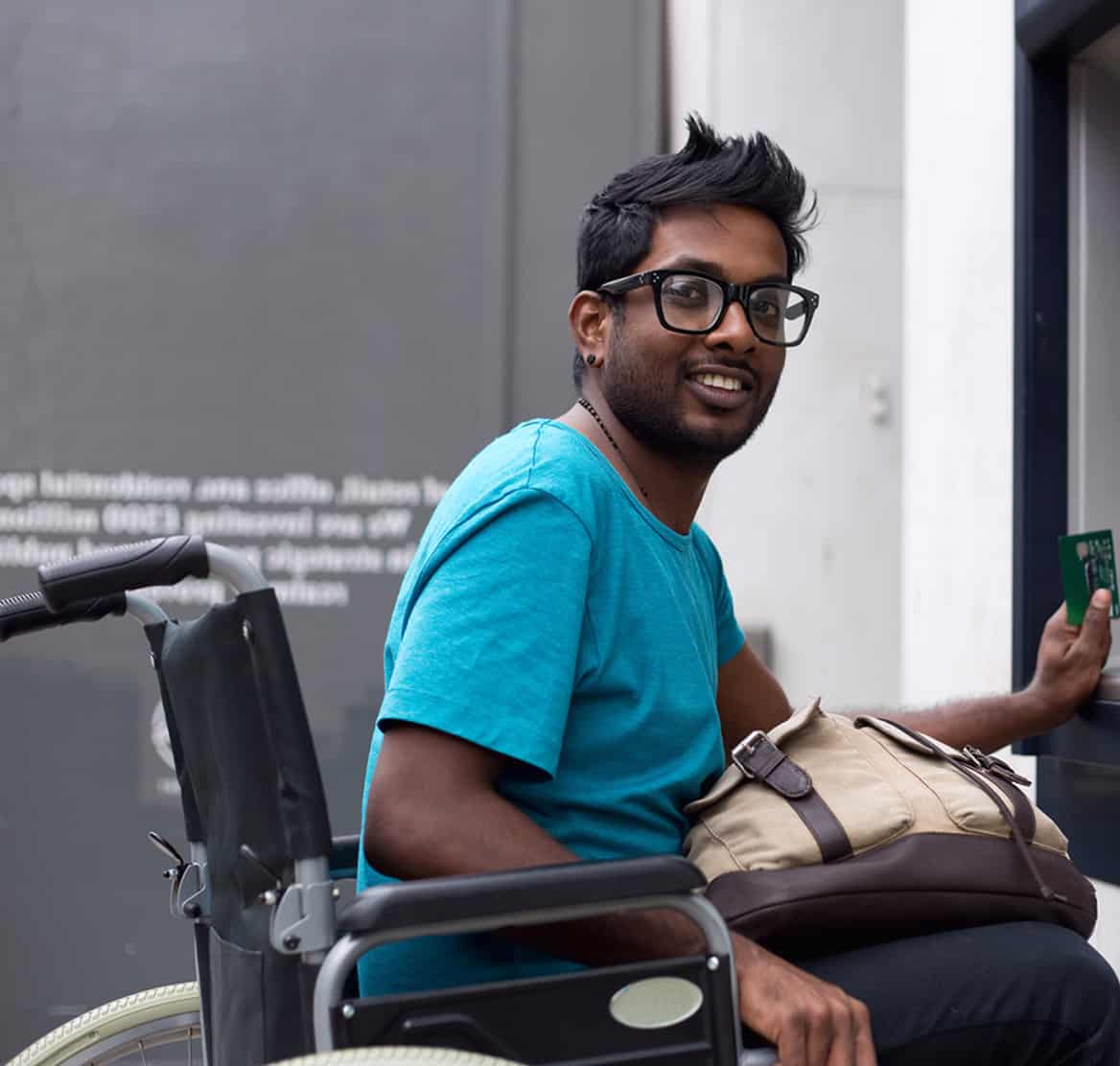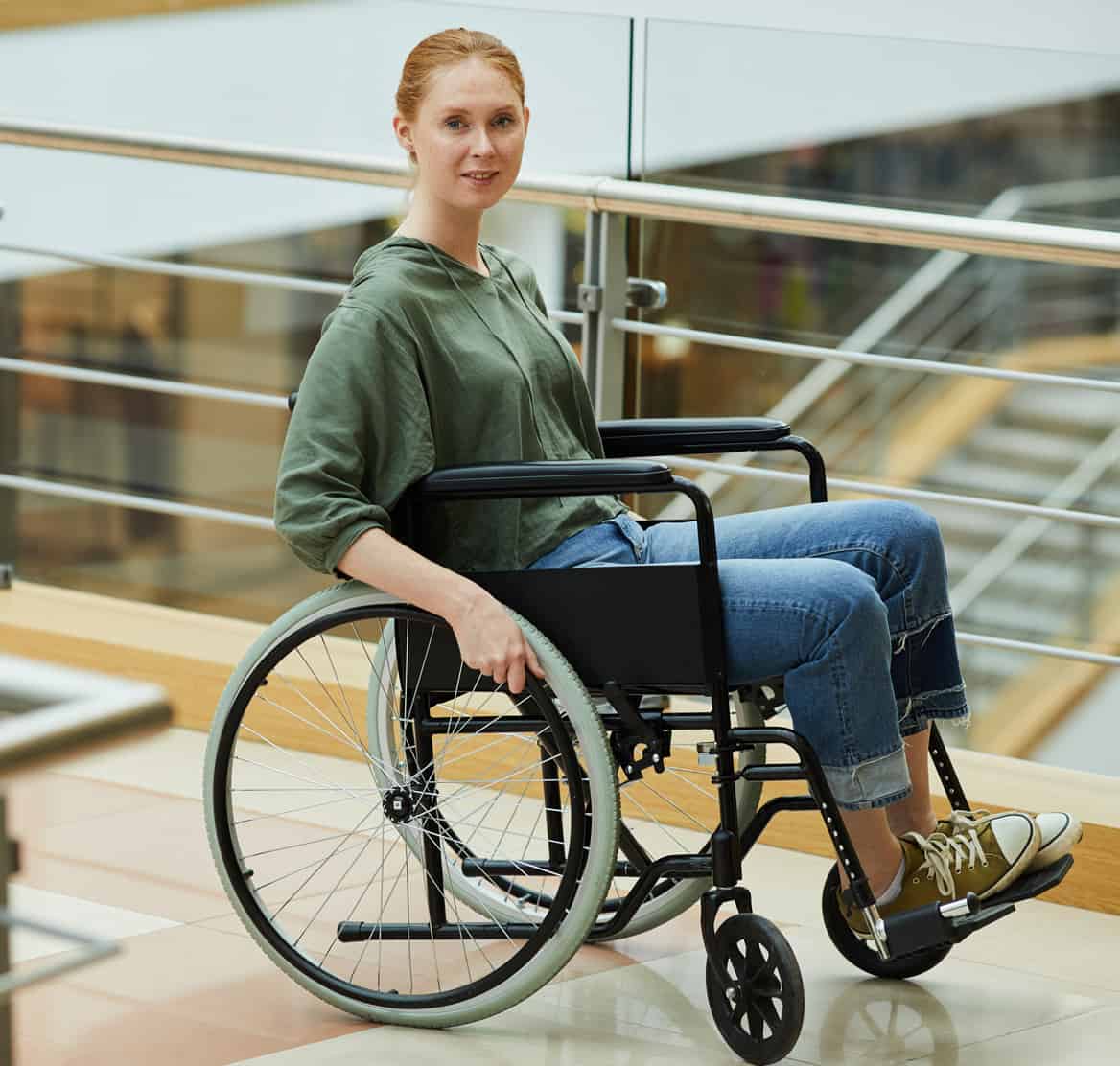Fear can be crippling! It can keep you awake at night second guessing every noise you hear and can certainly make you question everything. For 28 year old Jack Kerswill, dealing with paranoia and hallucinations for over a decade is now becoming easier with the help of disability service provider, Nextt.
Jack was diagnosed with schizophrenia and advanced post traumatic stress disorder (PTSD) at only 18 years old. He currently lives independently in a public housing unit in Morooka, Queensland and has previously worked as a horticulturist and in information technology (IT).
Jack says for many years he went through life dealing with hallucinations of aliens abducting him, which had a destructive effect on his social life, including the loss of his job.
“For many years I was very quiet about it until I went to a doctor and was referred to a mental health clinic. It took a while to diagnose but they knew something was up,” he explains.
“When I got diagnosed I was working and I think they kind of new something was up because I was going through a lot of emotional issues from my childhood.
“My boss let me off and I was really upset about that as I felt like my job was kind of what
made me ‘me’.”
He says the sudden loss of employment took an emotional toll.
“When they put me on Newstart I felt like I was a burden and not contributing to society.”
Jack describes the diagnosis as a “big relief”, but says it was also met with denial.
“Now I can actually see that even though it seems realistic to me, it’s not real.”
Initially, Jack found it difficult to accept the help he desperately needed as the hallucinations and paranoia felt so real and kept him up at night, but it was his sister who encouraged him to reach out to a mental health specialist.
“Your brain is so powerful, it knows how to ‘get you’,” he explains.
“I would never sleep at night due to the paranoia.
“I go to work, go home and play games all night and once it hit night time, it was absolutely destructive.
“I would have these episodes where I was hallucinating constantly, hearing voices and seeing things.”
After the first episode Jack was admitted to hospital for a week with fear taking a gripping and lasting effect.
To help overcome his mental health challenges, Jack enlisted the help of Nextt through the National Disability Insurance Scheme (NDIS) to improve his independence and reassure him the things he was hearing and seeing weren’t real.
“In the mornings I get two hours of support and an hour at night, across a range of tasks such as cleaning the unit, travelling to doctor appointments, accompanying me to the shops, learning to cook new food, travel training and taking medication,” he explains.
He says Nextt have truly helped him conquer his fears and learn a variety of life skills.
“I could never cook and would always get takeaway, but now I’ve learnt to cook a lot of different foods.
“I used to live in a pigsty, but now my place is one of the cleanest you’ll ever go to.”
“On the bus I would hear voices in my head and wasn’t sure if I was saying it out loud, so a Nextt support worker would reconfirm I wasn’t saying anything and taught me to focus on
different things.”
Jack says he was taught ‘grounding’, a type of meditation to distract your focus when experiencing anxiety, paranoia or hallucinations.
He also says Nextt have helped him achieve his main goals of getting back into employment, losing weight and being able to support himself by overcoming his fears.
“I can’t even begin to tell you how grateful I am for pushing me this far.”
Jack says the disability service provider is flexible, uses a client-centred approach and describes the Nextt team as “lovely.”
With the huge stigma around mental health and the social and employment challenges it poses, Jack says he wishes more people understood that mental health conditions are acquired in a number of ways.
“Just because someone has a mental health condition, it doesn’t mean they have done something stupid to get poor mental health.”
It is with this understanding, Jack hopes more people will ask for help when they need it.
“Don’t be ignorant … just ask for help!”
